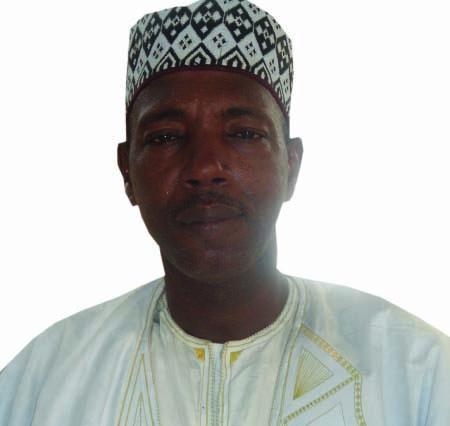
Leader of the opposition National Reconciliation Party (NRP) Hamat Bah has opined that in order to attract investors in any country, they (the investors) must be convinced that the environment is conducive for them to operate a business.
Bah, who was contributing yesterday to discussions on the Programme for Accelerated Growth and Employment (PAGE) as part of the NGO Week forum, said in the absence of credible information, there is no way that investors can be convinced.
“The information must be made available, and people must be convinced and this is what we need to focus on as a country,” he stated.
Underway at TANGO office in Kanifing, the NGO Week will avail the NGO community the opportunity to share with the Gambian population its contributions and success in development work in support of national development and advancement.
The NGO Week is a platform for knowledge sharing, NGO accountability and transparency, as well as evaluation of interventions, among others.
It will showcase and highlight the gigantic contributions of NGOs in the country’s development strides, and will generate a debate on the way forward, given all the challenges and opportunities that abound.
It also seeks to, among others, strengthen the policy and legal environment for NGOs that will foster close partnership between the Government and other development actors in the communities for the development and progress of The Gambia.
According to Bah,
“I brought some Italian investors to the country, after I managed to convince them to invest US$4 million to have a factory that will process all vegetable goods, tomatoes and everything, and the then Finance ministry was very positive, but when we got to the ministry of Agriculture and asked for certain statistics, there were no figures, and that was the end,” he added.
In his view, most investors in the country running businesses, employing Gambians are taxed to the nose.
“How do you expect people to continue to invest in an atmosphere of that nature,” he said, adding that there is need for the country’s tax system to be broadened.
“For example, you go to a welder man’s workshop that earns average D5000 a day. This workshop in a month generates D150, 000; in a year you talking about one million plus dalasis. You go to a tailoring workshop that generates a minimum of seven to eight thousand dalasi a day. How much are they paying tax, less than D5000 a year?” he reasoned.
The NRP leader further stated that despite the fact that The Gambia is a tax-based economy, the system needs to be made friendly and adaptable to the expectations of the people.
Commenting on the importance of cross-border trade, Bah said the attitude of some local authorities, especially in the rural areas is having a negative impact on the Gambian economy.
“Some local authorities are levying charges on foreigners who are coming with their goods o attend the Lumos (weekly rural market days) to such an extent that some of these foreigners are being discouraged,” he said.


